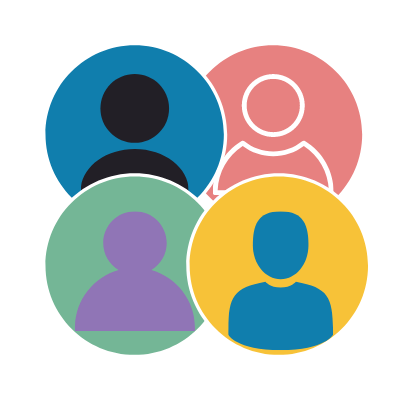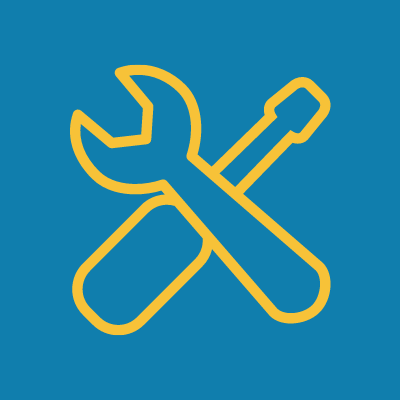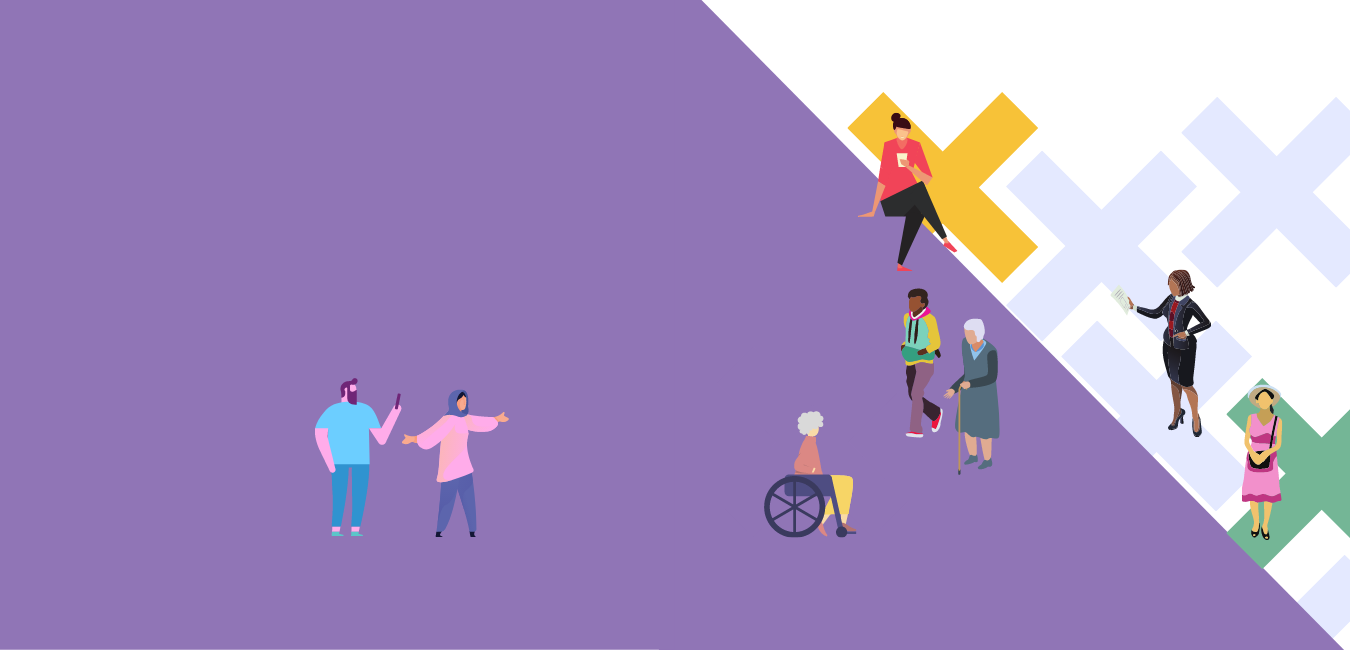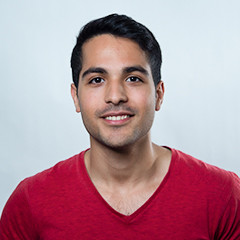What to expect
We’re back with another UX research conference! We invite experts by experience to share their stories and host engaging interactive sessions on Inclusive UX Research.
The purpose is not to tell you why inclusivity is so important, but instead how to take positive steps to ensure your research is inclusive and works for everyone.
The main program takes place between 11:00 and 17:30 CET (convert to your timezone). We’ll share recordings and presentations with participants.
Program

11:00 to 11:10 - Opening of the event

11:10 to 11:45 - Designing Different Types of Inclusive Experiences
What does it mean to cater to diverse needs? What does it mean to make your design inclusive? From designing registration forms to navigation patterns to privacy policies, in this talk, I will be sharing the various approaches you could take towards inclusive design and providing a positive experience to a wide range of people.
The talk will cover case studies - what worked well, what fell flat, what challenged me as a researcher- from my time at the BBC, British Airways and now Mendix, as the lead researcher responsible for ensuring accessible and inclusive experiences.

11:45 to 12:20 - Expanding Definitions: Technological Accessibility
When talking about accessibility and inclusive products, there is often a narrow definition of what it means for a product to be accessible. There are additional considerations to ensure a truly inclusive and accessible web especially as work and school and other aspects of life move online and virtual connections are more important.
This talk discusses why accessibility matters and the additional considerations, including what I call "technological and technical accessibility" to create more inclusive products in a remote world and digitally connected world.

12:20 to 13:30 - Lunch break and networking

13:30 to 14:05 - From Empathy to Action
How UX Research Is Helping to Shape DEI Culture at Vanguard
Where do you begin in setting up a DEI (Diversity, Equity, Inclusion) division in your organization? We discuss the challenges, wins and actionable steps to effecting change internally and externally. We show you how we address staff, policy and operations as well as how we present ourselves to clients and prospects.

14:05 to 15:00 - Panel discussion
The panellists reflect on the talks and share their experiences and thoughts.

15:00 to 15:15 - Break

15:15 to 15:45 - Networking

15:45 to 17.15 - Workshops

17:15 to 17:30 - Wrap up
Workshops

Option 1) One Step in the Right Direction: Toward More Accessible Research Design
Including everyone’s voice in design is challenging, especially when we take into account all the different challenges users may face. To ensure the best experience for all, we must consider as many needs and preferences as possible. Moreover, deciding between a wide range of research methods adds an additional challenge. In some cases, less traditional approaches may hold the key to success.
In this workshop, we will introduce you to several problems faced by users with different needs, and the corresponding characteristics to keep in mind when doing design and research. Next, we will split up into small groups, each focusing on a specific challenge. In our small groups, we will explore a scenario with a specific challenge in mind testing/ designing for a digital environment.
Together with one or two experience experts (people living with that specific disability), we will have a look at the research method(s) used traditionally, and learn what it’s like to approach the scenario with (more) accessible methods.
To finish, we will share our ideas and insights with each other. In this way, a step is taken towards more accessible research design.

Option 2) Finding Diverse User Research Participants: the Who, Where, and How?
Feel confident about inviting diverse respondents: where to find the people.
1) You know that diverse participants will provide truly actionable insights, but how do you convince your manager or client? Let’s share our business arguments.
2) Based on real-life examples, we explore the question: who to invite? And, if your budget is limited: which choices to make.
3) After that, together we create a list of where to find diverse people and how to successfully invite them.
4) Make or buy: what to expect when doing the acquisition of respondents yourself.
Option 3) Getting Started with Inclusive Service Design: Supporting Trans and Gender Non-conforming Folks
This last year has been both challenging for many, and a turning point for under-respected communities’ liberation. As designers and researchers in a post-pandemic world, we play a critical role in influencing both local and global change through our craft. So, where do we begin?
It is important to acknowledge that we will all approach our own personal journeys of rigorous self-awareness, proactive education, growth through active practice, and building our confidence in standing up for what is right differently. We encourage you to use this session as yet another, or maybe the first means to develop your perspective on diversity, equity, and inclusion.
This workshop aims to empower individuals with definitions, scenarios, interactive activities, open discussion, and reflection to think through how they can each take personal accountability in how they include trans and gender non-conforming customers in their research.


















